I was invited to as one of the keynote speaker at the Geomaritime Symposium at the International Conference on Science and Technology (ICST) organised by Universitas Gadjah Mada. I delivered a paper on 12 July 2017 and share a stage with my two colleagues, Gede Karang from Udayana University and Mas Aji from a university in Malaysia. Here is my abstract:
The Roles of Oil Concession Definition in Maritime Boundary Delimitation:
A Critical Review on the Case of the Sulawesi Sea and the South China Sea
I Made Andi Arsana
madeandi@ugm.ac.id
Department of Geodetic Engineering, Faculty of Engineering
Universitas Gadjah Mada, Indonesia
ABSTRACT
In the absence of agreed maritime boundaries, States usually have their unilaterally claimed boundary lines. In many cases, these lines represent the most forward possible line such States would want to he the final boundary lines. Thus, such lines are also known as forward positions, which are usually used by coastal States as their initial position in negotiating their maritime boundaries. In the case of Indonesia’s maritime boundaries, for example, these forward positions have been depicted clearly on its official map so they become obvious to its neighbours.
In the Sulawesi Sea, where maritime boundaries between Indonesia and Malaysia are pending, both States, using oil concession definition, have proposed their maritime claims defined by their forward positions. Indonesia, on one side, utilises oil concession it defined since the 1960s in defining its forward position. Malaysia, on the other hand, started to define its forward positions and then define oil concessions within those forward positions. The utilisation of oil concession definition to represent maritime claims has also been the case in the South China Sea as demonstrated by, for example, China and Vietnam.
This research presentation analyses the roles of oil concession definitions in defining forward position and how they may affect the delimitation of maritime boundaries between coastal States. The cases in the Sulawesi Sea and the South China Sea are investigated with reference to relevant cases in different parts of the world. Findings and conclusions are then presented.
Here is the cover of my presentation:

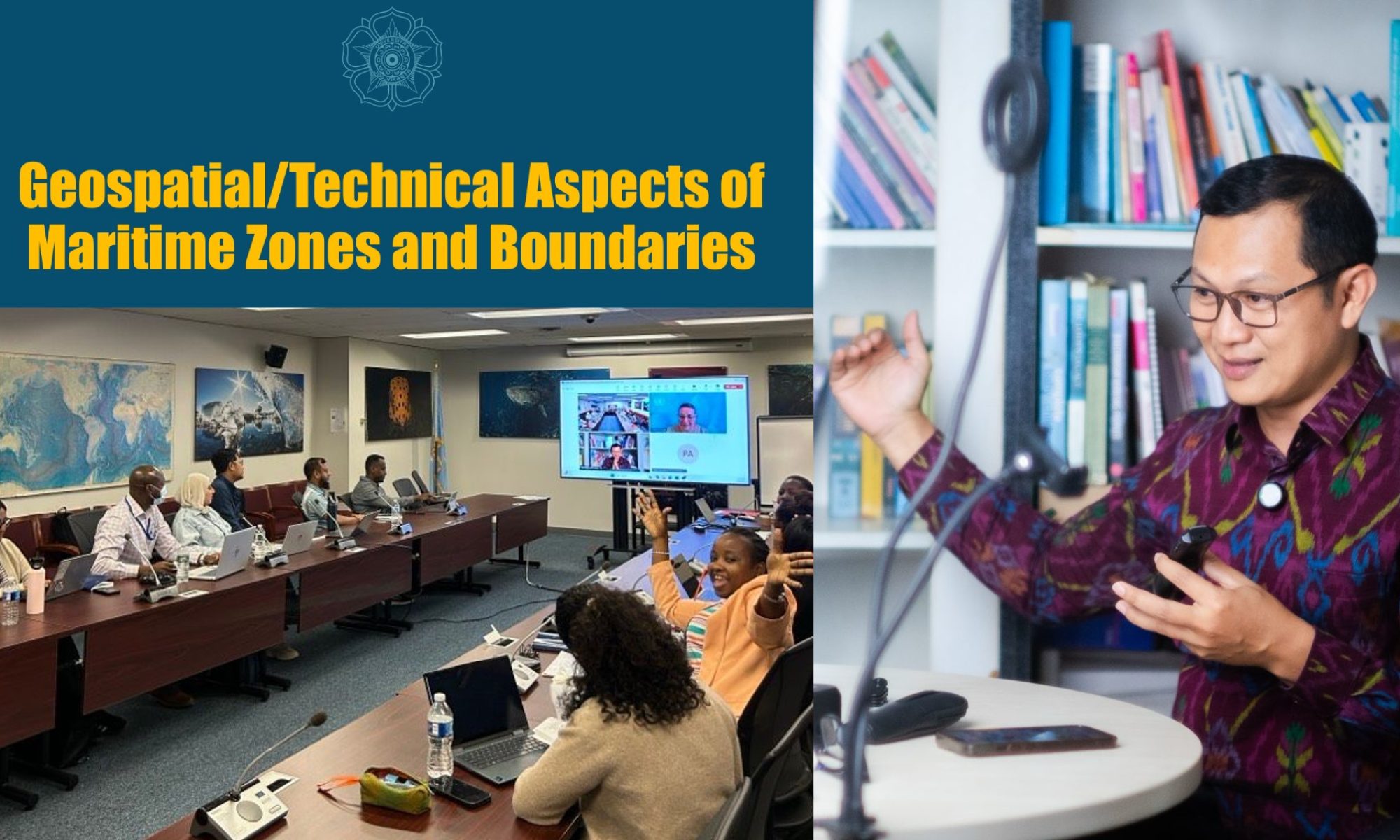

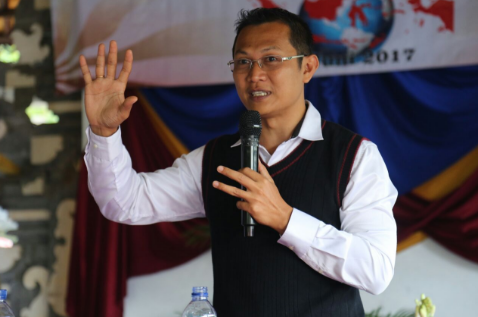

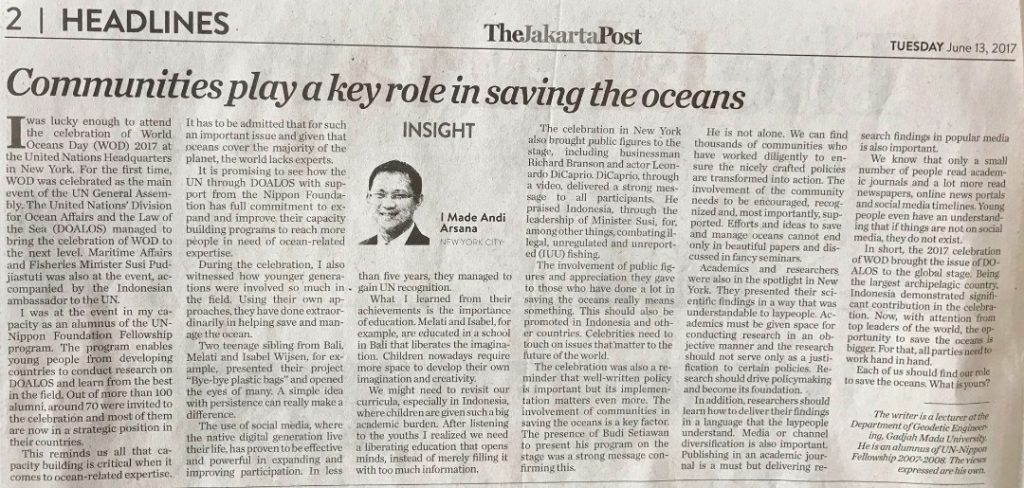
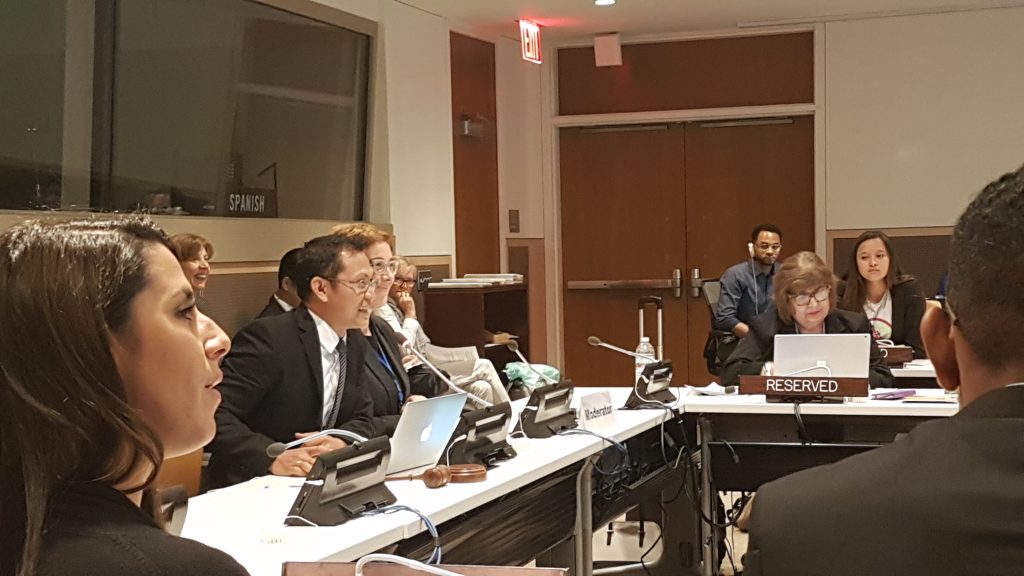
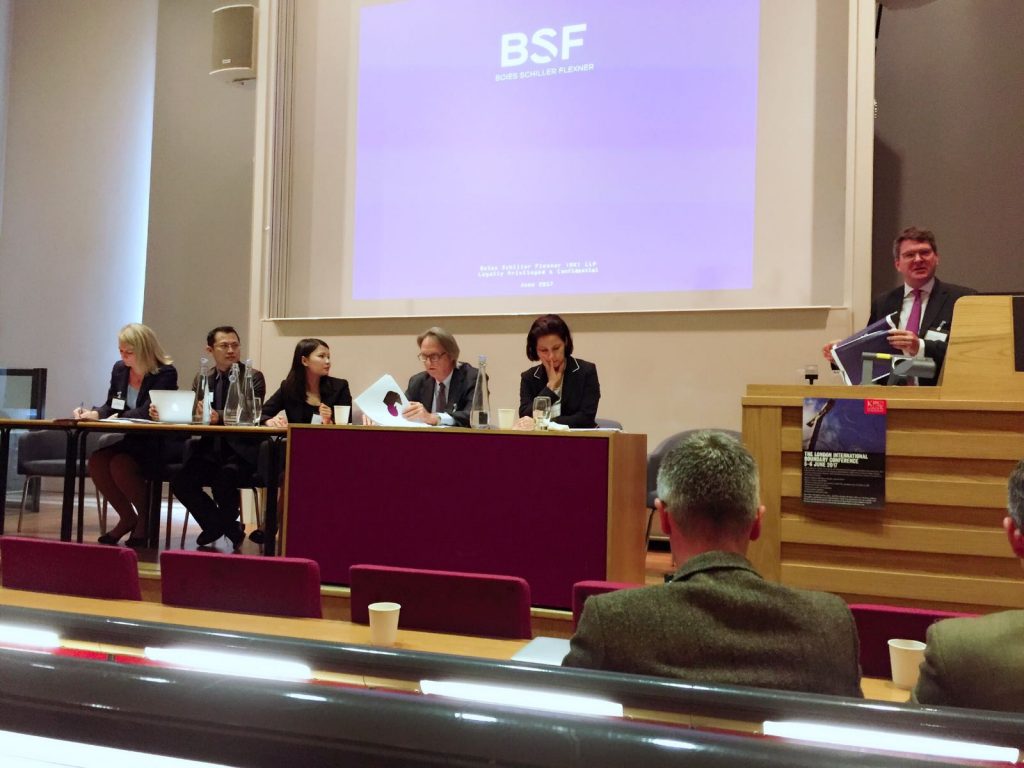
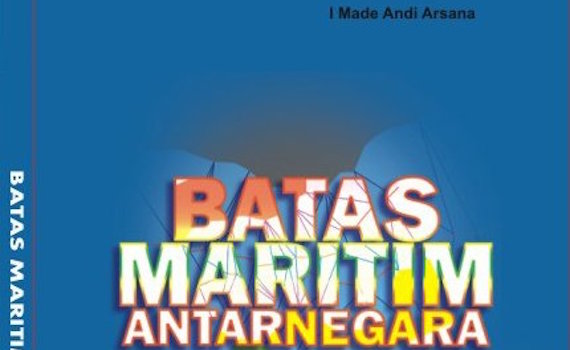 Hampir tiga tahun berlalu sejak kita diperkenalkan dengan sebuah istilah “Poros Maritim Dunia” (PMD), saatnya menanyakan kabarnya kini. Menariknya, setelah hampir tiga tahun, masih cukup banyak peneliti dan pembelajar kelautan yang gamang ketika menjelaskan makna PMD. Bisa jadi memang konsep dan kebijakannya sendiri yang masih perlu penajaman atau para peneliti ini yang kurang perhatian.
Hampir tiga tahun berlalu sejak kita diperkenalkan dengan sebuah istilah “Poros Maritim Dunia” (PMD), saatnya menanyakan kabarnya kini. Menariknya, setelah hampir tiga tahun, masih cukup banyak peneliti dan pembelajar kelautan yang gamang ketika menjelaskan makna PMD. Bisa jadi memang konsep dan kebijakannya sendiri yang masih perlu penajaman atau para peneliti ini yang kurang perhatian.